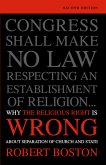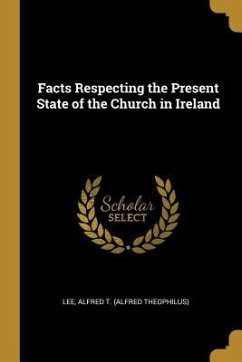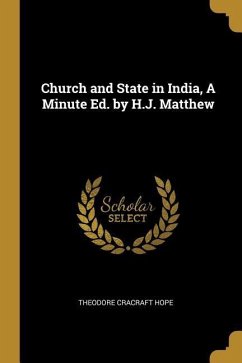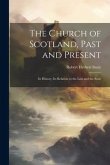The recent rise of debates concerning Christianity, nationalism and separation of church and state require going back to the roots of such concepts. The advent of modern nationalism meant either the embracement of a positive form of separatism according to the American Revolution, or of a drastic form of separation according to the French Revolution. While the modern state of Italy dealt with the tension between church and state largely through drastic separation, there were some exceptions. Here I intend to investigate what role the Calvinistic understanding of relations between church and state did play through the political involvement of the Waldensians during the movement for Italian independence called Risorgimento (1848-1870). The Calvinistic view of civil government, as stated during that era by the Reformed Pastor Alexandre Vinet, was a determinant factor in the political stand that Waldensian Church took during these times for example through pastors such as Giuseppe Malan or Paolo Geymonat. Their ideas were also reflected beyond the Waldensians in the thought of the first Italian prime minister Camillo Benso conte di Cavour in his formula free church in a free state.
Hinweis: Dieser Artikel kann nur an eine deutsche Lieferadresse ausgeliefert werden.
Hinweis: Dieser Artikel kann nur an eine deutsche Lieferadresse ausgeliefert werden.








